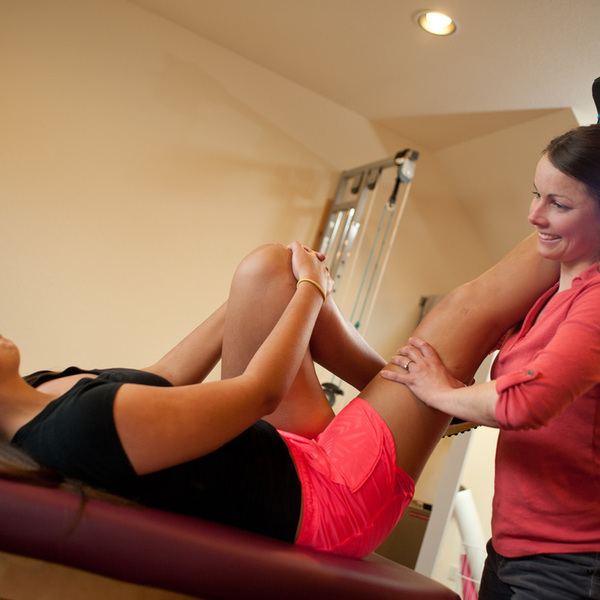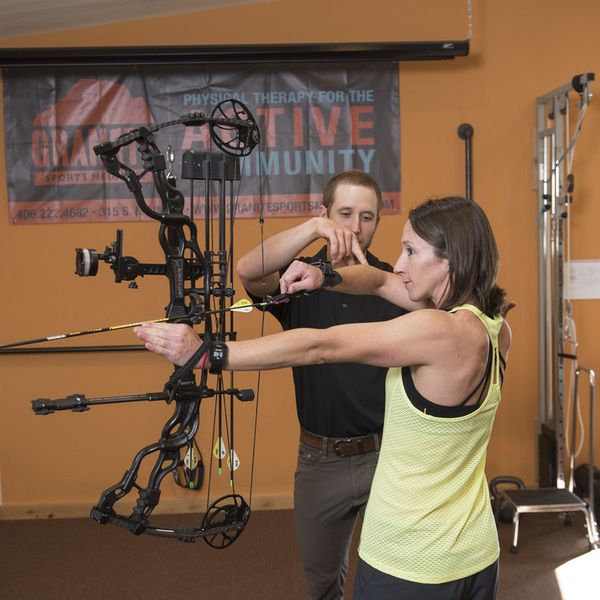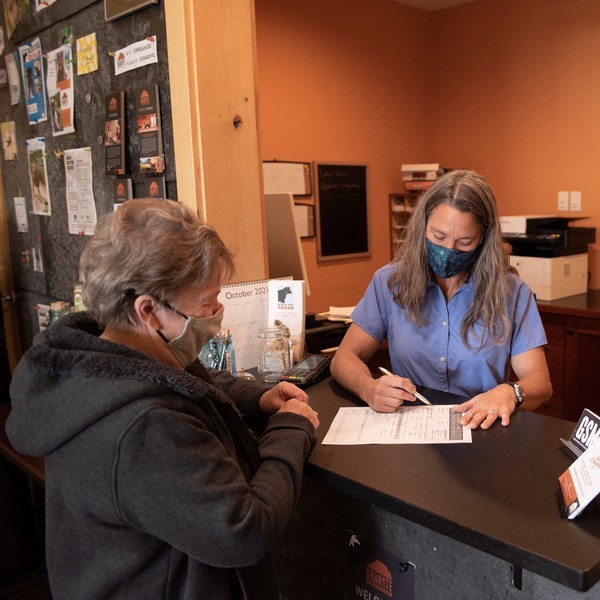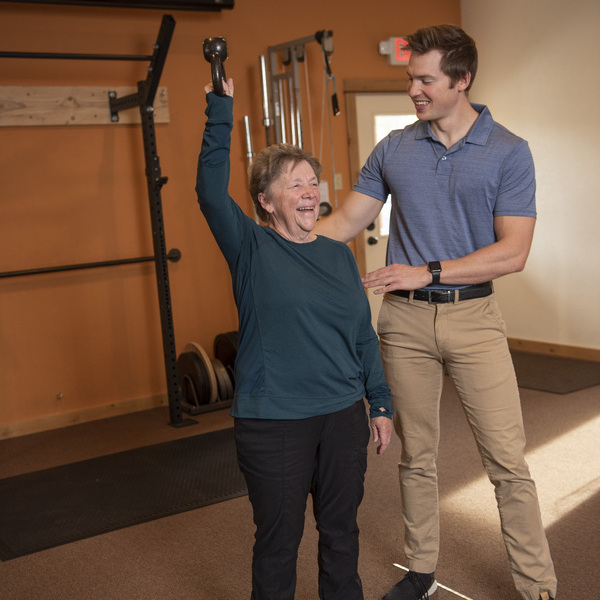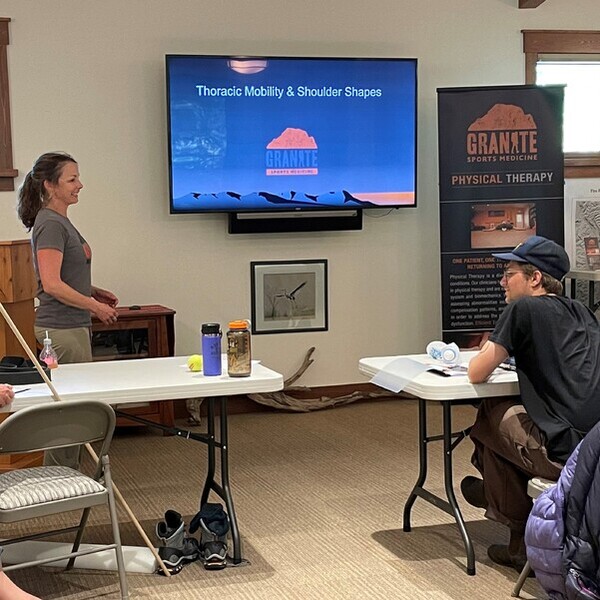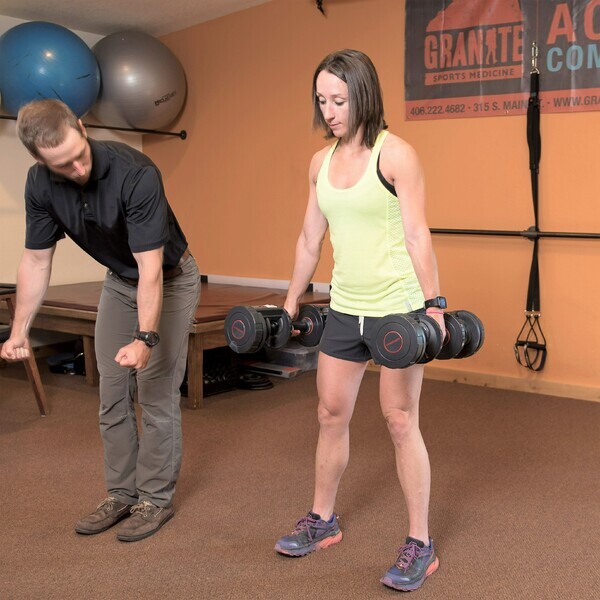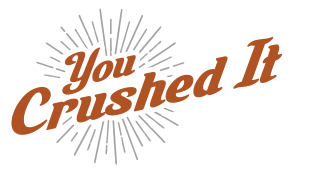Heads up!
Concussions are the most common form of brain injury in the United States with roughly 25% of individuals in the US having experienced one at some point in their lives. This is a growing problem and knowledge on the effects concussions have on the developing brain continues to evolve. Children ages 0-14 account for nearly half a million Emergency room visits a year due to this type of injury. Concussions in high school students can lead to difficulty in school due to decreased attendance, struggles with concentration, and mood swings. These factors can induce depression, anxiety, and have a negative effect on mental health.
What can be done to reduce the high level of stress a concussion places on a student? Vestibular therapy proves to be a useful tool in aiding patients in their recovery by helping with symptom management, developing appropriate healing time frames, and building resilience to future injury. Every concussion is a unique experience and even multiple injuries in the same individual may act differently. A therapist trained in concussion management can help guide a patient’s healing, allowing their body time to heal to keep their brain safe from further injury or long-term effects. Symptoms are often exacerbated with increased heart rate, eye strain, and excessive external stimulus. It is important to listen to the body since reshowing of symptoms is one of the greatest causes of reduced healing post-concussion, and adds to the risk of post concussive syndrome.
Speaking with a healthcare professional can help navigate these murky waters. Timeliness of proper care and procedures for safely returning to school and sport allow for the greatest successful outcome. Brain injuries are scary, but we are here to help with symptom management, answer questions, and develop a plan to bring about the best outcome for our patients. Heads up! We got you!
Written by Jeffrey Smith, DPT, Vestibular certified therapist
 Call 406 222 4682
Call 406 222 4682 Text 406 222 4682
Text 406 222 4682 Get Directions
Get Directions Instagram
Instagram  You Tube
You Tube 
